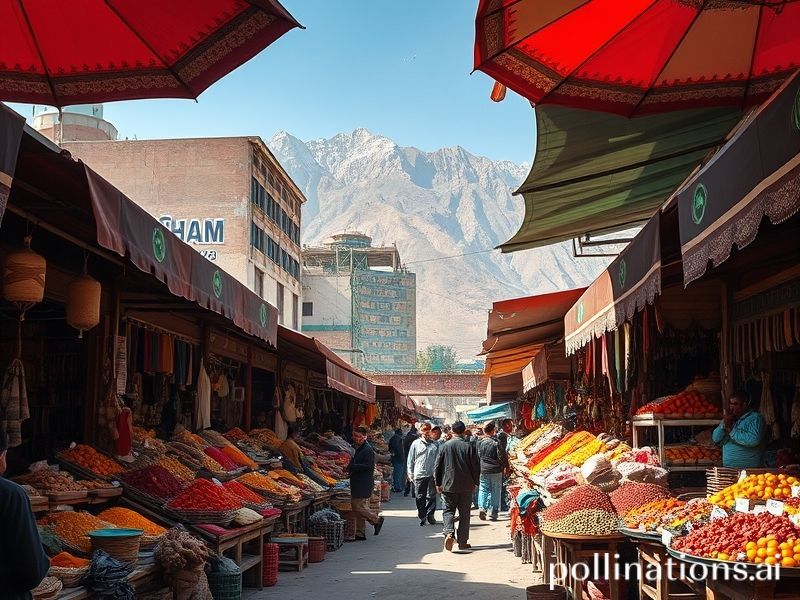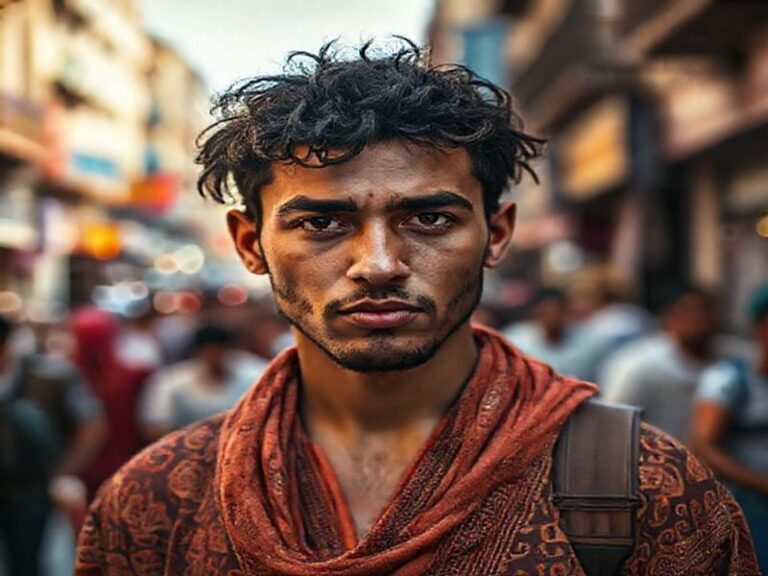Afghanistan: Why the World’s Eyes Are Glued to This Ancient Land in the Digital Age
**Afghanistan: From Ancient Crossroads to Twitter Timelines**
Alright, folks, buckle up. We’re diving into the whirlwind that is Afghanistan, the country that’s been trending harder than a viral dance challenge. But why, you ask? Well, grab your virtual popcorn, because we’re about to break it down.
**A Quick History Lesson (Because Context is Cool)**
First off, let’s rewind. Afghanistan, the land of the mighty Hindu Kush mountains and the birthplace of Buddha, has been a cultural crossroads for millennia. It’s seen empires rise and fall like a poorly coded website. From Alexander the Great to Genghis Khan, and more recently, the Soviet Union and the U.S., Afghanistan has been the ultimate hotspot for geopolitical drama.
**The Taliban’s Backstage Pass**
Fast forward to 2021, and the Taliban, the hardline Islamic group that once ruled Afghanistan from 1996 to 2001, made a dramatic comeback. They swept into Kabul like an uninvited guest at a party, catching everyone off guard. The U.S. withdrawal, which was about as smooth as a square wheel, left many Afghans in a lurch, and the world watching in real-time on their screens.
**Why is Everyone Talking About It?**
1. **The Humanitarian Crisis**: With the Taliban back in power, there’s been a massive exodus of Afghans trying to flee the country. The images of desperate people clinging to planes at Kabul airport became the tragic emblem of this crisis. It’s a stark reminder of the human cost of political upheaval.
2. **Women’s Rights**: The Taliban’s track record on women’s rights is, well, abysmal. Under their previous rule, women were banned from education and work. Now, with the Taliban back, there’s global concern about a return to such oppressive measures. Women’s rights activists and advocates worldwide are rallying, making this a hot topic on social media.
3. **Geopolitical Chess Game**: Afghanistan’s situation is a complex web of international relations. Countries like China, Russia, and Pakistan are all playing their parts, making it a fascinating, albeit tense, geopolitical drama.
4. **The Role of Social Media**: Platforms like Twitter and Facebook have become battlegrounds for information and misinformation. Hashtags like #Afghanistan and #Kabul have been trending, with users sharing news, personal stories, and calls to action.
**The Cultural Impact**
Afghanistan’s trending status isn’t just about politics. It’s also about culture. Afghan music, art, and cuisine have been gaining attention. People are sharing Afghan recipes, listening to traditional music, and appreciating the rich cultural heritage. It’s a beautiful example of how global attention can shine a light on diverse cultures.
**The Significance**
Afghanistan is trending because it’s a global story with local implications. It’s about people, power, and the struggle for freedom and dignity. It’s a reminder that in our interconnected world, what happens in one corner can send ripples across the globe.
**Conclusion**
So, there you have it. Afghanistan is trending because it’s a complex, multifaceted story that touches on human rights, geopolitics, and culture. It’s a reminder that behind the headlines, there are real people with real stories. And in the age of social media, those stories find their way into our timelines, our conversations, and our collective consciousness.
Stay informed, stay engaged, and remember, the world is a tapestry of interconnected stories. Afghanistan is just one thread, but it’s a vital one.







